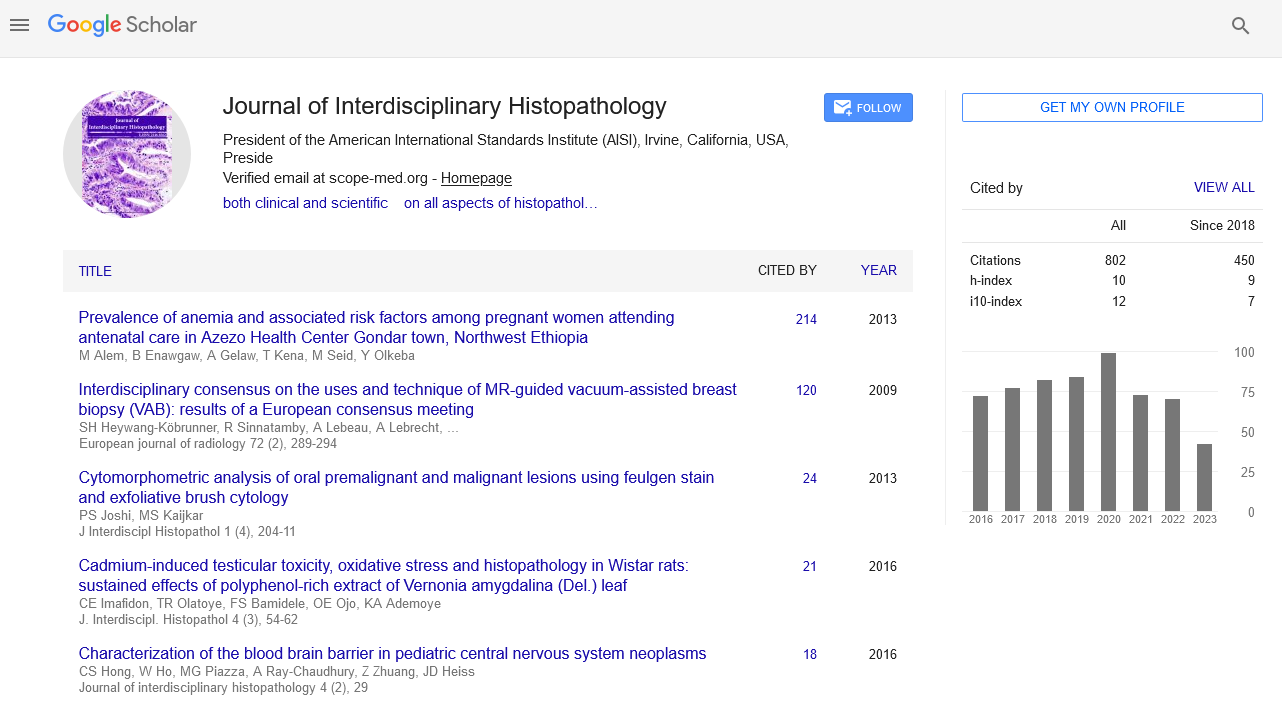IgG4-related Disease of the Genitourinary Tract
Abstract
Mukul K. Divatia, Jae Y. Ro
IgG4-related disease (IgG4-RD) is a recently established albeit well recognized fibroinflammatory condition with distinctive features including a characteristic histopathological appearance; a propensity to develop tumefactive lesions in multiple body sites; and oft elevated serum IgG4 levels. The consensus statement on IgG-4 RD equips practicing pathologists with a set of working guidelines for the diagnosis of pathologic lesions identified in a host of different organ system affected with this disease. The diagnosis of IgG4-RD requires the combined presence of the characteristic histopathological appearance and increased numbers of IgG4-positive plasma cells. The essential histopathological features include a dense lymphoplasmacytic infiltrate, a storiform pattern of fibrosis, and obliterative phlebitis. Tissue IgG4-positive plasma cell counts and IgG4: IgG ratios are significant ancillary aids in establishing the diagnosis. The spectrum of IgG4-RD continues to expand and involve multiple body sites. The genitourinary system comprising of the kidneys, ureters, urinary bladder, urethra, prostate gland, testes and penis is one of the multiple organ systems to be affected by IgG4-RD. This review describes the clinical and histopathologic patterns of involvement of the genitourinary system by IgG4-RD, in association with serologic and radiological features.
PDF





